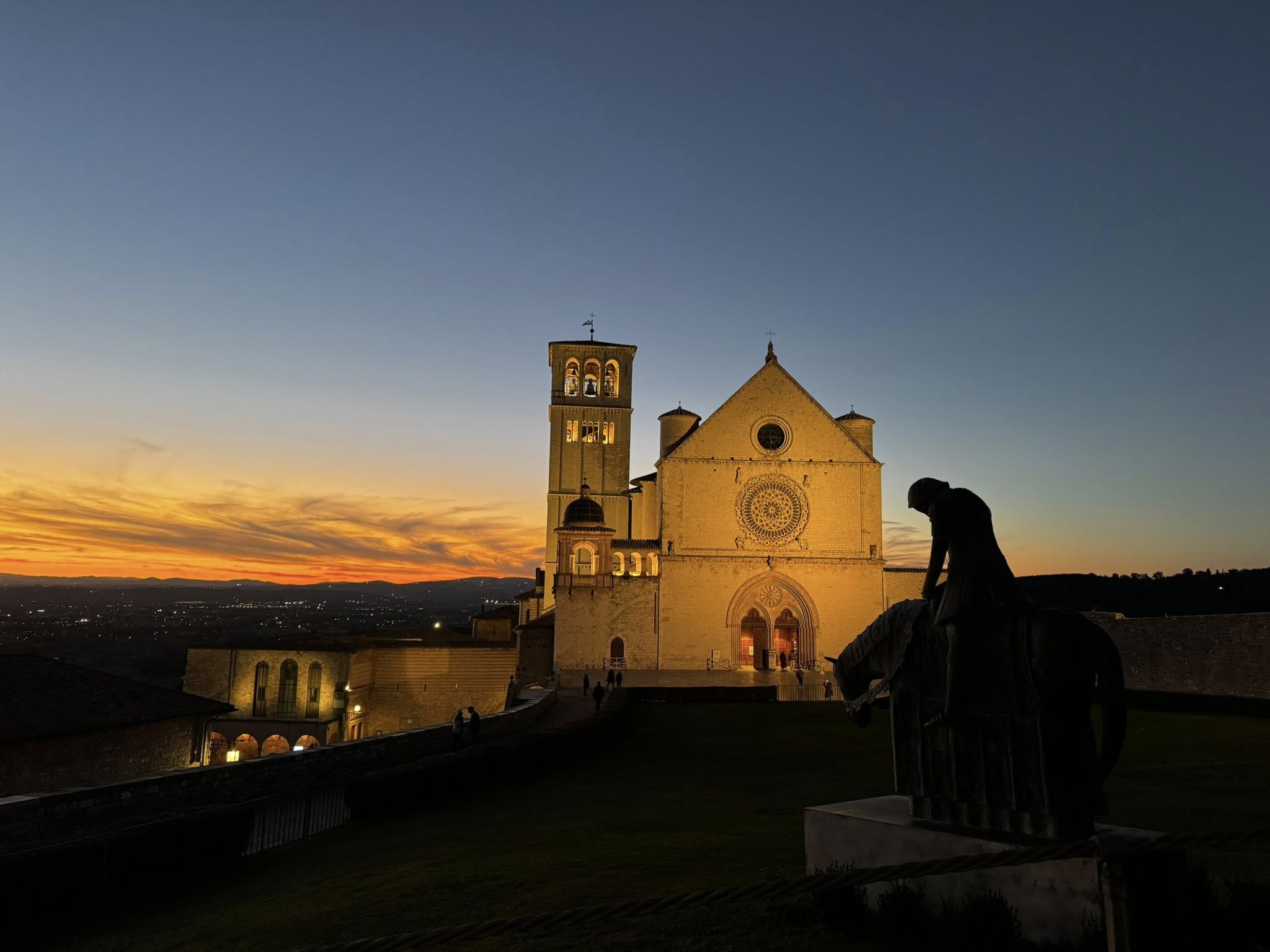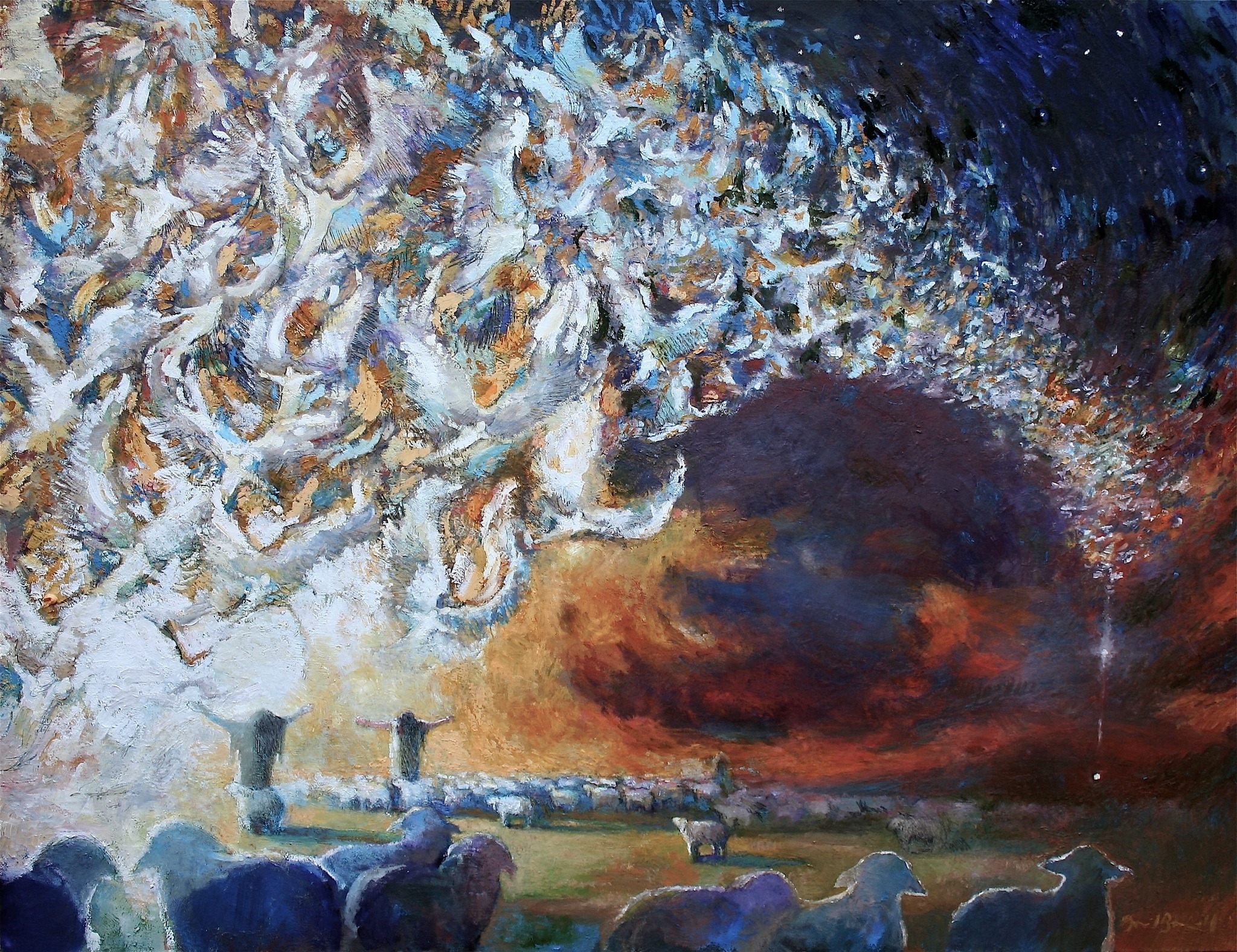Fr Paolo Consonni, MCCJ
Fifth Sunday Easter C
Sometimes I do enjoy watching space documentaries. Probably my mind needs to wander a bit into the vastness of the universe in order to relativize my personal small, petty issues, which I usually tend to exaggerate. I am fascinated by astronomical phenomena like the big bang, the expansion of the universe, black matter and, of course, black holes. Black holes are among the most powerful forces in the universe. Nothing can escape their gravitational pull when a certain point of no return called event horizon is surpassed, not even light: that is why they appear to be black.
This Sunday’s Gospel (John 13:31-33a, 34-35) describes the words of Jesus during the Last Supper, when the darkness of evil slowly enveloped everything around Him. The Gospel passage begins by saying that Jesus spoke these words “after Judas had gone out”: we know that “it was night.”
We do not know how to describe the darkness which swallowed Judas’ soul: greed, disillusionment, moral blindness, ambition… or a mixture of them all. But when Judas left Jesus and the other disciples, he stepped into the “event horizon of evil” which would eventually destroy his life. A good reminder that it is not good for any of us to venture too far away from the Church, the only place where our “dirty feet,” our truth, can be exposed and washed with mercy.
In the midst of this overarching power of darkness, Jesus unexpectedly speaks of glory, not of defeat; of love, not of hate. He looks toward a future of light, not toward a past perceived as failure. Nowadays we often hear different groups of people shouting “Glory to this, glory to that!” meaning their victory over their enemy. Jesus’ glory will not come from humiliating His enemies but from fully revealing His heart, one in which evil, hate and violence have never taken root, not even on the Cross. The love from His heart, not other weapons, won the final battle against evil and death.
During these past years we have felt as if humanity has been slowly approaching a point of no return for the future of civilization. First the climate crisis, then the pandemic, then the war between Ukraine and Russia. Technology and globalization have not produced just societies. Opinions are becoming more and more violently polarized. It is indeed a dark age. As during the Last Supper, in the midst of such darkness, this Sunday Jesus repeats His final testament: “I give you a new commandment, that you love one another.”
How? We might argue that in a world like this, we should defend ourselves from others and not open up to them! If we are literally at war with those who surround us, be they enemy soldiers, people with opposite political views or even our unloving spouse, then we might feel it is better to fight, not to love. But Jesus insists that it is love and not power that will define our identity as Christians and keep us in the light. Hatred and violence, on the other hand, even if for a good cause, can dangerously push us under the influence of dark forces. Beware of it!
The love Jesus requires from us is tough love, a love in action, not a superficial display of emotions. Therefore, Jesus asked His disciples to love one another “as he has loved us”: with the same Paschal modality which includes the mutual “washing of the feet”, forgiveness, and surely enough, the Cross. It is caritas in veritate, charity in truth, which we need to experience first in ourselves and in the Church, and only then are we able to offer it to others. This kind of love is always possible, even in the most desperate circumstances.
Recently I heard news from a couple who have a painful history of conflicts which almost dissolved their marriage. After more than a decade of separation, these days they have decided not to divorce but to start again and to slowly come together as husband and wife. This news genuinely gladdened my heart. It is a simple example of how to humbly put into practice Jesus’ commandments within the complex realities of our lives. It shows that there are indeed people who try to love one another like Jesus.
Despite war, Covid, politics and our relational issues, it is therefore possible to choose this “hard love,” for you and also for me, in ways which only our hearts know. Let us not give up trying.
P.S. An interesting fact: it seems that in the very long term and under certain conditions, even black holes will eventually evaporate.
(Photo: mohamed_hassan at Pixabay)


 Follow
Follow

